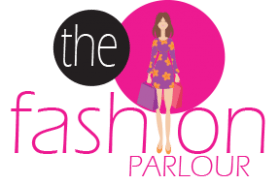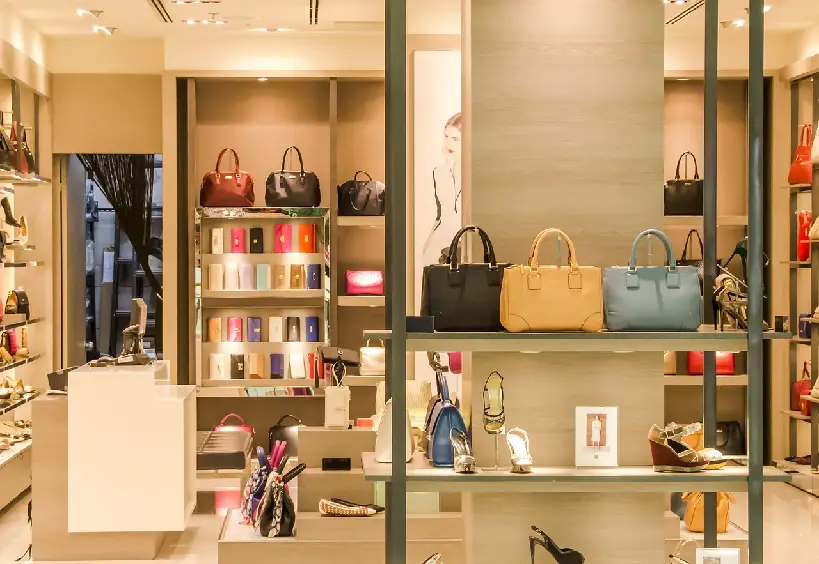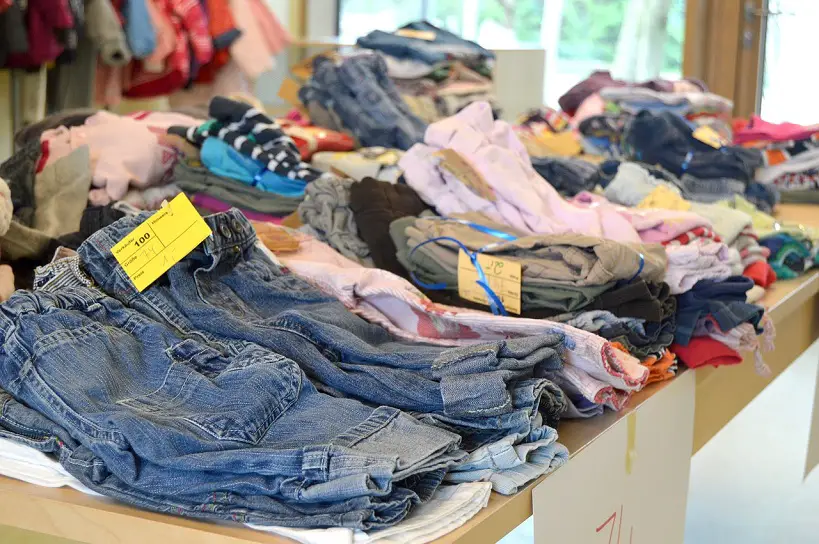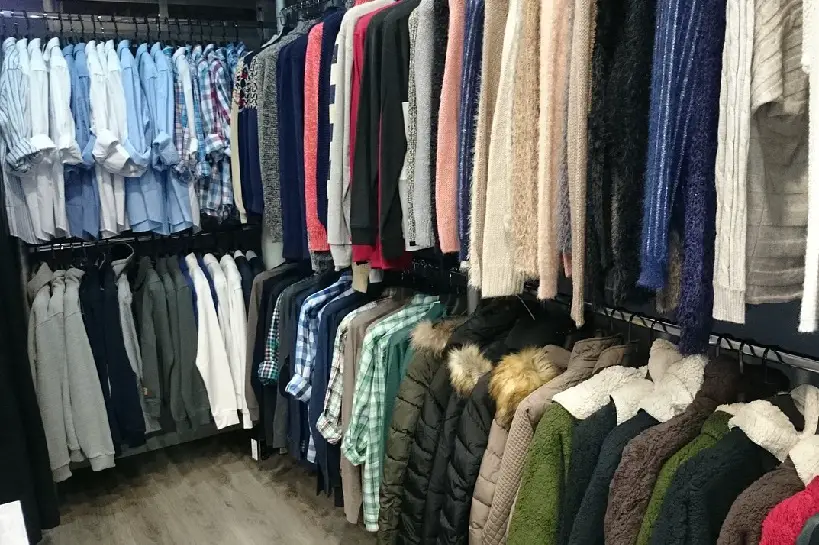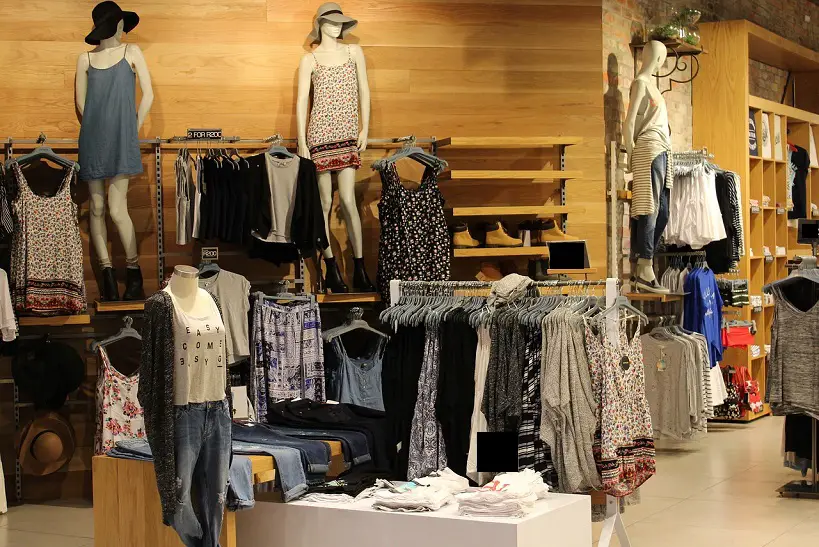Many fashion and beauty businesses are moving online as more Kenyans embrace online shopping. Your business could also benefit from this e-commerce growth as soon as you learn how to start an online fashion business in Kenya.
An online fashion store reaches all 47 counties and extends beyond our borders. Why would you restrict yourself to your neighbourhood when you can make more money by embracing e-commerce?
This article focuses on the advantages of an online clothing store and how to start one using social media accounts and a blog. First, the most important question:
Why Start a Fashion Business Online?
1. Low operating cost
Rent is an overhead that burdens many small business owners in Kenya. Some landlords demand you pay two to six months’ rent when you move into their rentals. But online, your house is your business premise. Working from home also lets you test your business idea before you pour thousands of Shillings into your investment.
For instance, you gather feedback about your products and the online shopping experience as you market your business to friends and family members. From such feedback, you seal any loopholes that may affect your business in the mass market.
2. Larger geographical reach
If you must, you can reach the entire world through paid campaigns. A paid campaign takes a few minutes to set up, and its effect is immediate when you target the right audience with the right message.
3. Audience segmentation
Online market segmentation can be geographical, related to the language of preference, economic status, or even the age group of buyers. You can narrow your audience better than in a land-based store. For instance, you can target all Nairobi residents at once with just one branch located in the city. However, when you run a physical store, you have to open several branches across the city to target all estates.
4. Experience a World Wide Web of opportunities
Your income depends on your marketing efforts and the quality of your product/service. It is not bound by location because online, you have a larger audience to influence.
5. Work from anywhere, anytime
Work during the day, at night or even over the weekends.
Have I convinced you that an online clothing store is lucrative in this digital age?
Next:
7 Things You Need to Run a Successful Online Clothing Store in Kenya
Before you launch that fashion business idea you have had in your diary for the longest time, here are some factors that an online business ought to consider.
1. Do you need a warehouse, or can you sell from home?
The size of your product, and the average number of orders you expect in a day, will determine the storage space you need. But, there is no need to worry if you are a fashion affiliate marketer because your work is lead generation only.
Some home-based business people use a spare bedroom. It can serve you, but it depends on the interaction needed between you and the delivery team or customer. For example, your clients need a changing room if you run a wedding rental business. Therefore, you might have to welcome strangers into your home.
2. How will you market your products or services?
A marketing plan is as essential as a business plan. You need to list down all the marketing strategies you have in mind. Will you hire a marketing expert, or do you have basic online marketing skills to get you started? The easiest online marketing platforms are social media networks like Facebook and Instagram. However, you can also make sales from a website through e-commerce software.
3. Where is your pick-up point?
A pick-up point should be convenient for all potential customers in a given geographical area. It eliminates the laborious delivery process and gives you a competitive advantage because customers do not have to pay delivery fees when they can pick up the item in town.
4. Will you offer free/paid or any delivery service?
If you will make deliveries, do you intend to include the cost in the price or require a customer to pay delivery fees separately? Is the delivery fee per item or for all items ordered by a customer? You can also engage a courier service for deliveries outside the city, which makes it easier for you to focus on sales.
5. Who will manage your digital assets?
Your blog, website and social media pages need attention daily. Managing social media pages is easy. For the website, get assistance until you are comfortable running the shopping cart and the blog.
6. What payment methods do you have in mind?
Cash on delivery works for most online businesses in Kenya. Nonetheless, you may need a few other options like Lipa na MPESA and Visa. Know the legal requirements for such methods and the appropriate payment methods for your target market. For instance, Visa works in high-end markets while mPesa works for everyone.
7. Do you have a stable, fast internet connection, among other resources?
An online venture needs fast internet. There are so many internet bundle packages from various internet service providers. Compare all offers from Telkom, Safaricom, ZUKU and Airtel to find out which is fast but affordable.
Now, let us find out some issues you may encounter with customers.
Challenges of Selling Online in Kenya
Let us first look at the challenges you will face when selling online and then discuss issues most customers have with online shopping.
Disadvantages of an Online Store
1. Customers may not show up
Some clients will ask you to meet them in the city centre and have you waiting for almost an hour. Others will even direct you to their estate, and you will spend an hour or so asking them where to go next. There is another lot that will switch off their phones.
2. Disgruntled customers post nasty reviews on your social media page
The customer is king, but sometimes, a customer just wants to whine. Many negative reviews are about customer service, additional charges, delivery delays, and product quality. When genuine complaints arise, give them all the attention they deserve.
When customers complain, and you are not at fault, tell your story courteously, offer a solution if possible, and then leave it at that. For example, if a client asks you to make a delivery in town, and you wait patiently for an hour, and they keep giving you lies, just go home.
3. Clients will order half of your stock and buy one item
That is why most Instagram sellers use pay-before-delivery terms.
4. Getting arrested for hawking
As far as the council by-laws are concerned, the only selling you should do is in a shop or kiosk. You must have seen NO HAWKING HERE signage on some buildings.
5. A con may reverse transactions as soon as you leave
Therefore, get a Paybill number for mobile money payments.
6. Business rivals may report your Facebook account
Expect to be locked out of your account a few times. Some may claim your post is irrelevant or misleading, although you have posted it in a relevant group.
7. Most of the time, you will not get even one like or comment on your posts.
8. Suspicion for not having a stall
Online shopping in Kenya is growing, but many internet users only trust sellers who indicate the location of the business. No matter the number of times you indicate you operate virtually, these internet users will not convert.
Nevertheless, some online sellers have made it. It takes time to build a reputation.
8 Annoying Things about Shopping Online in Kenya
There is nothing as magical as making a few mouse clicks to order an item online and receive it at your doorstep a few hours later.
Shopping online in Kenya is the trend, but the process needs a bit of streamlining. Visit Buyer Beware Kenya pages on Facebook and see the number of scams reported daily. In addition to scams, these are some of the most annoying things that make most people shy away from online deals in Kenya.
1. The delay
An online store may promise same-day delivery, but the item arrives two or three days later.
2. Sellers who demand payment before delivery
When a seller demands payment before delivery, it sounds scandalous. Why would I pay for what I have not seen? The worst scenario is when the item delivered is faulty, you demand a refund, and the seller claims there are no cash refunds.
3. What you see is almost always not what you get
Product descriptions and images are supposed to explain the value for money. However, some sellers brighten images, copy product images from other websites, or indicate the wrong dimensions.
4. Out-of-stock alert
Have you ever ordered an item and received feedback about a delivery, only to be informed later it is out of stock? Some sellers order items overseas and start marketing those products using stock images before they receive the shipment. That is wrong.
5. Snail pace customer service
If you want to start your day angry, call the customer service line of some e-stores.
6. Woe unto you if the product is defective
If a product is defective or damaged during delivery, an arduous process begins as you request a refund or a new item.
7. Sellers who give the wrong directions to the pick-up point
A seller can allege the location is close to the highway, yet it is kilometres away on a dirt road with no boda bodas. A customer has to walk all the way because it is an easier option than demanding a refund.
8. Sellers whose delivery team has a poor sense of direction
Sometimes, the delivery guy gets lost. The airtime and the time spent in such a treasure hunt are enough for a customer to visit a local store and forget about shopping online in Kenya.
If you can consider all of these situations as you create your fashion business plan, you will have an easy time penetrating the market. In any case, online shopping in Kenya is a few years old. It is still in its teething stage, but with the many developments in logistics and payment methods, we will have smooth online purchases soon.
Final Thoughts
We have talked about the advantages of opening an online store and how to start one by creating a fashion business blog or social media platform like Facebook. We have also mentioned some annoying habits of online customers and store owners. You have the basics to flesh out your business plan and turn your idea into a business.
